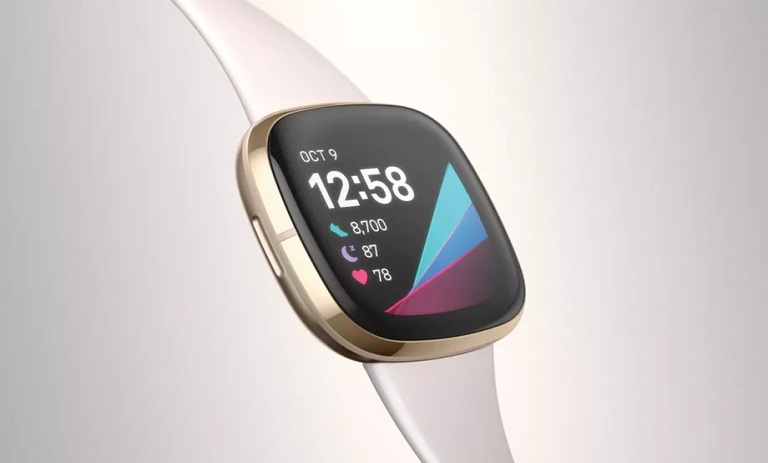


Security and software support is very important to consider when buying a fitness tracker, as this will dictate how long your chosen brand aims to continue updating the device with new features and security patches, to guard against emerging threats.

Which fitness tracker brands offer the best software and security support policies?
#Fitbit expert voice full
"It's definitely going to be at the forefront I think in a lot of criminal cases, probably all over the world but certainly in the United States.To see all the models we've tested, head to our full set of fitness tracker reviews. "I imagine what will happen is that there will be a case in which the police seek to get recordings and there will be conversation that is ambiguous on the recordings that the prosecution would try to construe as some admission of murder. "You know how people with these devices will ask questions and they'll be kidding or joking, and I'm sure people have asked it questions like, 'How do I hide a body? How do I dispose of a body?'" she says. "How do we actually make sure that the readings are in fact correct?" Loading.Įven though her client was exonerated with help from a home device recording, Ms Zellner is equally apprehensive about the way such recordings could be misused. "How do we know that this information that is being put forward as being objective, and reliable and demonstrating effectively a contravention of the law and guilt, can be relied on?" Professor Legg says. While it might be increasingly possible to access recordings made by home devices, that doesn't necessarily mean they will provide uniformly reliable evidence. Victor Collins was found dead in a hot tub at the home of friend James Bates after a night of booze and football. Late last year, a United States judge dismissed a murder charge based in-part on recordings captured by an Amazon Echo home speaker. "So it's an incredibly interesting area, but it is also problematic." Amazon Echo helps clear US murder charge "In actual fact his Fitbit data showed that he had been engaged in heavy labour, which I think included removing quite a lot of things out of his home, and so his insurance claim was effectively impugned on that basis, that his story didn't hang together. "There have been a couple of interesting cases in America where, for example, a gentleman asserted that he was woken up and his home was on fire and he had rushed out," Bond University's Kate Mathews-Hunt says. Less extreme situations might involve using information recorded by a home or personal device to prove - or disprove - an individual was present in a location. If something was to happen to one of her colleagues, that recording - stripped of context - could be used as compelling evidence against her. It's benign enough in isolation, but a recording of that question is still sent back and stored in the cloud.

Looking defeated as she slumps into her small apartment, she looks over at her Apple HomePod and instructs "Hey Siri, play me something I'd like", and an up-tempo song plays.īut what if the office worker had let her day get the better of her and asked - jokingly or otherwise - "hey Siri, how could I kill my co-workers?" In the ad, an office worker (played by musician FKA Twigs) fights through a dreary commute home. This week Apple launched their latest entry into the smart device market - the HomePod - accompanied by a slick Spike Jonze-directed commercial. "As soon as you have a case where stakes are high and there is a fight for what can be loosely termed an informational advantage, people will go to all sorts of lengths to be able to obtain any sort of information that demonstrates that their case is more likely to have occurred than not." What sort of information could be used? "It may be that if they need to comply with the law or a legal process, which is what a subpoena would be, you effectively understand that the law requires them to disclose it and therefore they will," Professor Legg says.


 0 kommentar(er)
0 kommentar(er)
